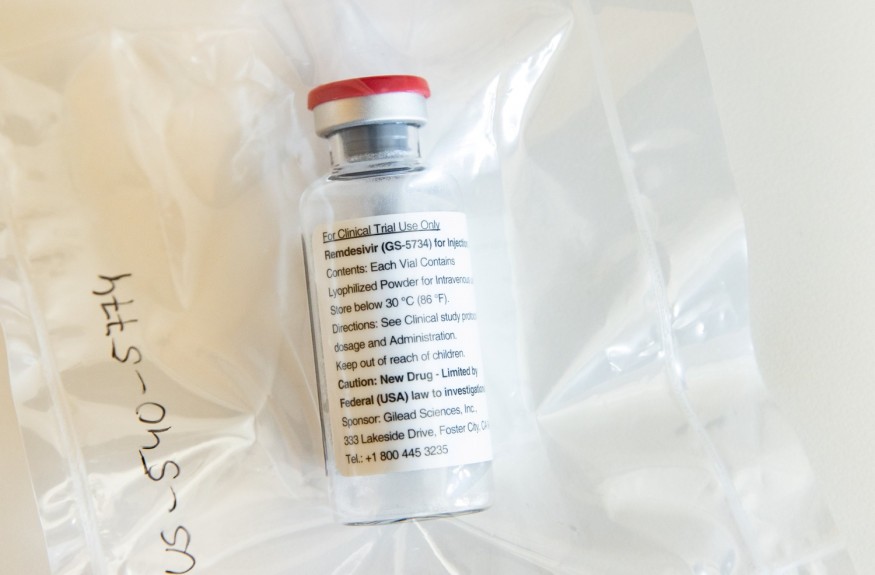Can Remdesivir Be the Cure for Coronavirus?
COVID-19 has infected over 1.2 million people worldwide, and it has tested the stability of countries' economies, healthcare, and politics. The disease is new, highly contagious, and sometimes deadly.
Naturally, resources are pooled to assist and support health workers around the globe to fight the disease and to contain its spread.
Infectious disease experts are hopeful that a drug created by Gilead Sciences can treat COVID-19. It was initially used as a vaccine for Ebola but is scrapped in favor of mAb114 and Regeneron's drugs since the results failed to present any significant differences.

Miracle Drug
Experimental drug remdesivir was used for the first person in the U.S. recorded to test positive for COVID-19. At the time, there was no proven alternative to treat the disease. Results show that remdesivir helped the patient.
Symptoms of COVID-19 that attack the respiratory system were treated using remdesivir, and the early research has suggested that it can alleviate the severity of the disease. Published in The New England Journal of Medicine, the study examined over 50 patients positive for coronavirus through a method called compassionate use, which meant that there was a lack of alternatives.
The data revealed that 68 percent of the patients were indeed relieved of most respiratory symptoms. Some of them were removed from their ventilators since they no longer required oxygen support. Immunocompromised patients, such as ones who need ventilators, are at risk of suffering long-term consequences from contracting the coronavirus.
New York Gov. Andrew Cuomo confirmed this the week prior. He said that patients who required oxygen support would only have a 20 percent chance to have no use of it anymore. He adds that the longer a patient is on the ventilator, the lower the probability that the ventilator may come off.
Check these out!
How Did Ecuador Become the Epicenter of COVID-19 in Latin America?
COVID-19 Update: Recovered Patients Are Observed With Coronavirus 'Reactivation'
You Know You're Latino When You Grew Up Hearing These Superstitious Beliefs
Too Soon to Say
According to the journal, remdesivir is used as an antivirus, which means that it prevents dangerous cells from multiplying and infecting more parts of the body. One of the side effects of remdesivir includes mildly irregular liver behavior in the study.
The study published in the journal did not reveal the effectivity of the drug to diminish the virus entirely from the patients. It was a very vague, somewhat rushed study: There was no control group with which to compare it, and the authors had no information in the study about whether or not the patients would have recovered on their own without the intervention of Remdesivir.
Gilead Sciences has begun research with the involvement of a thousand patients for more trials to ascertain the reliability and validity of the previous study.
Infectious disease specialist Dr. William Schaffner expressed both his reservations and hopefulness for the results of the new research. He said, "We won't have definitive information until we have a controlled trial."
While it is still too soon to call it the miracle drug, remdesivir is showing promise and potential, and as far as hope goes, it already is helpful.
Subscribe to Latin Post!
Sign up for our free newsletter for the Latest coverage!
© 2025 Latin Post. All rights reserved. Do not reproduce without permission.













